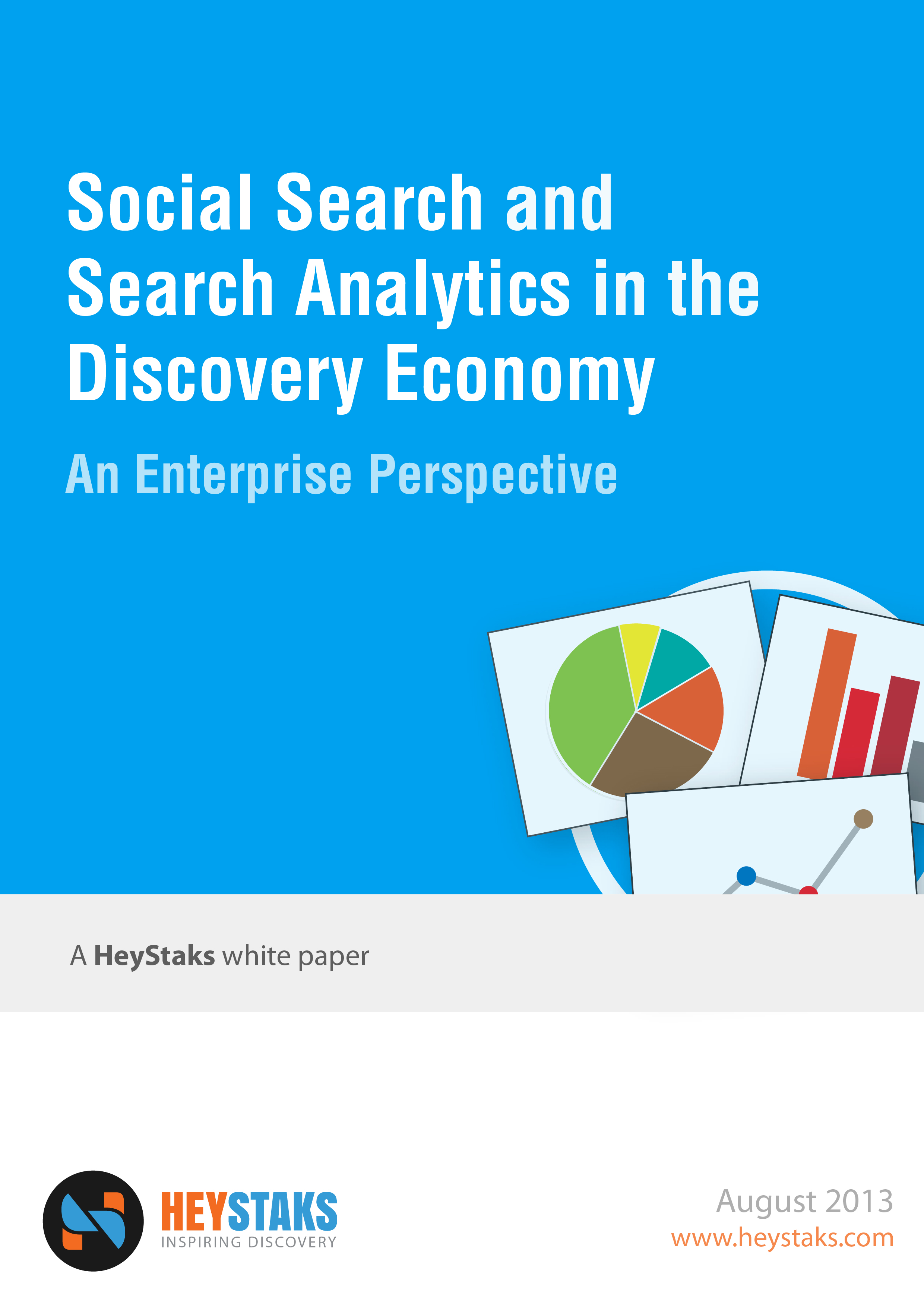Way back in the pre-Google dawn of the 1990’s Internet there was a much heralded approach to web search by a company called DirectHit. The message was simple: paying attention to the words in a document (and query) was not enough to do a good search job, we need to pay attention to the results people select.
To be fair, the first part of this idea – that the words or terms in a query and document were not enough – was accepted by then; at the time a couple of grad students at Stanford were doing some interesting things with links as a result ranking signal for the same reason. But where Boston-based DirectHit differed was it’s emphasis on engagement signals. For instance. the Direct Hit search engine harnessed the searching activity of millions of anonymous web searchers to rank websites based on often searchers selected a page, how long searchers spent viewing it, and where the page was ranked in the original search results list. Ultimately, Direct Hit’s so-called Popularity Engine ranked search results based on a formula that combined a variety of engagement signals to evaluate the page’s popularity. At the time the idea was fascinating and potentially powerful; so much so that Direct Hit was acquired by Ask Jeeves for more than $500m in stock.



